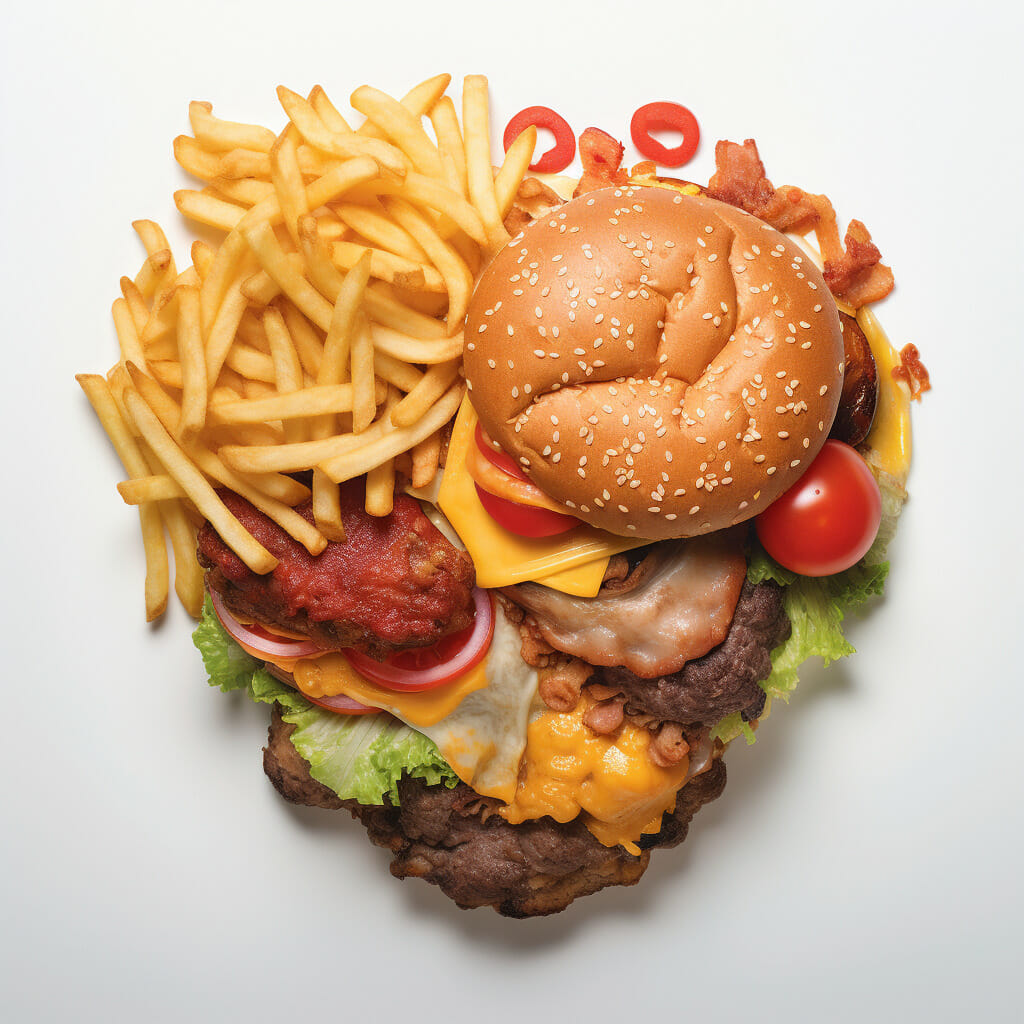
My daughter painted this the summer she finished fourth grade. While she is a very gifted artist, she didn’t paint this on her own–she had way too much help with this piece at a department store art studio in Taiwan where art teachers help children replicate masterpieces.
Our social media post this week talked about affording kids the opportunity to fail and how making everything convenient and easy for our kids is fast (junk) food for their character development. Perhaps you’re thinking, “Why be such a killjoy? You should just let your daughter enjoy the satisfaction of having painted such a beautiful piece of work.” And I do. We hang this piece up in a non-prominent spot in our home. More front and center on our walls are her imperfect artwork–pieces she created entirely on her own, pieces that look like a kid painted them.
It doesn’t take more than a stroll through elementary school science fairs around the WORLD to know how many parents feel compelled to enhance their children’s work. Parents want to feel proud of their kids and want their children to feel proud of themselves. But all the well-intentioned help can set children up for unattainable and unrealistic expectations of themselves or worse assumptions (i.e., what they made on their own was not good enough and needed to be replaced), which leads to repeated disappointment and hinders self-esteem.
Back to the original story, my daughter stopped painting at home after that piece. I know her perfectionism and understand her logic. She doesn’t want to paint when she knows she can’t do it as well as she “did” in fourth grade. That department store art class unintentionally created a fear of failure, which stunted her growth as an artist.
Society praises what it can easily see superficially. As parents, you have the power to see inside your child’s soul, so it is even more important to praise our children’s intangibles–their effort, progress, and motivation. “Catch them being good” is a directive that therapists often give parents.
It is human nature to notice what’s wrong rather than right. So, make a conscious commitment to notice and acknowledge good behaviors as they occur throughout the day.
While you’re at it, I challenge you to go one step further and “catch yourself being good.” For example, you deserve a pat on the back for wanting to be a better parent and reading my blog 😉 Celebrate your own effort and progress rather than just the end results, and your children will learn from your example.
My daughter started drawing again. Below is her creation from scratch.






Leave a Reply